The success rate of clearing mains is 3:1 from the students that clear prelims. Hence, here are few tips to strategise and crack this most sought after exam.
Kiran Kumar has been preparing for Civil Services examination since July 2015 and has appeared for mains twice. All through this arduous journey, he has learned that for cracking prelims wider knowledge of topics is very important. According to him, merely cramming facts and figures can never help a student to crack any stage of this exam. He emphasizes on preparing a strategy for an aspirant to master all the aspects of Indian history, constitution, polity, and economics. He further advises that every student should study guidelines of UPSC in detail and should select optional subject carefully. One indispensable habit which he feels every resolute applicant should possess is reading newspapers. Studying news on web portals and in newspapers equips an aspirant with both global and regional perspective. Armed with all these tactics, he now hopes to clear the mains examination this year.
The first reference of the Public Service Commission of India is found in the first dispatch by the Government of India on the Indian Constitutional Reforms on 5th March, 1919. After several years, the Federal Public Service Commission became Union Public Service Commission when the Constitution of India was inaugurated on January 26, 1950. With this development, the chairman and members of the Federal Public Service Commission became chairman and members of the Union Public Service Commission. Each year, UPSC conducts civil services examination to choose candidates for reputed central civil services such as IAS, IFS, IPS, and IRS. Around 3 lakh students appeared this year for preliminary exams dreaming to crack our country’s toughest competitive exam. Amrit Singh Chopra, Chief Educating Officer at Unique Shiksha says, “Each year UPSC gets around 13 to 14 lakhs application forms. From this, around 3 to 4 lakhs appear for the exam and around 10,000 reach mains. The success rate of clearing mains is 3:1. Finally, just 2500 candidates appear for the interview after clearing mains.” Hence, few tips to strategise and crack this most sought after exam are provided below.
Understand the Civil Service Exam Structure
The first stage of year-long civil services examination is the preliminary examination which consists of two papers of 200 marks each. In General Studies Paper 1, marks are counted for ranking. Whereas, Paper-II is primarily a qualifying paper with 33% as minimum qualifying marks. Selection for Civil Services (Main) Examination is adjudged on the basis of minimum qualifying marks of 33% in General Studies Paper-II and total marks a candidate gets in General Studies Paper-I of Civil Services (Preliminary) Examination. Each wrong answer yields in negative marking for both sections and one-third (0.33) of the marks assigned to that question is deducted. Abhishek Pandey, AIR 31, UPSC 2015 opines, “One should begin with studying NCERT books from sixth standard. If a student was good at studies in school, he or she can directly jump to books from ninth till twelfth standard. This should include everything such as constitution, polity, history, and geography. The most important activity which an aspirant should do is reading newspapers. It has been observed that questions asked by UPSC in past two years have been covered by The Hindu.”
Structure of Civil Services Preliminary Exams
Paper 1
Current events of national and international importance
History of India and Indian National Movement
Indian and World Geography-Physical, Social, Economic Geography of India and the World
Indian Polity and Governance-Constitution, Political System, Panchayati Raj, Public Policy, Rights Issues, etc
General issues on Environmental ecology, Bio-diversity and climate change – that do not require subject specialization
General Science
Paper 2
Comprehension
Interpersonal skills including communication skills
Logical reasoning and analytical ability
Decision making and problem solving
General mental ability
Basic numeracy (numbers and their relations, orders of magnitude, etc.) (Class X level), Data interpretation (charts, graphs, tables, data sufficiency etc – Class X level)
Prepare an Effective Strategy
A candidate should research well and form a study plan that would help him or her to dedicate adequate time for each topic. Sincerity for a study schedule from the beginning is one of key ingredients of success. This exam also gauges an individual’s ability to choose accurate answer in shortest timeframe. Topics such as current affairs, Indian and world geography, polity, and economics form the bedrock of this exam. Hence, list all new schemes initiated by Govt, amendments and bills, and recent changes or developments in constitution and cover them from reliable sources of current affairs. In addition to this, don’t forget to keep a day in each week for revision. Ahsanul Haq, IAS mentor at AasanIAS suggests, “Many aspirants spend a lot of time in gathering information about several topics. In this process, they certainly learn many facts but fail to understand the mindset of the paper setter. The commission looks for sensible candidates who know the fundamentals along with an ability to use those principles in the right way. Hence, aspirants are unable to improve their understanding ability and logical thinking.”
Practice Previous Years Papers and Enroll in a Test Series
Practicing test from last five years equips a candidate for all kind of questions that can be asked from a topic. The trend of last four years suggests that the maximum number of questions were from Geography, Agriculture and Environment, but each one of them was directly or indirectly related to current affairs. So to get further clarity, in-depth analysis of previous year question papers is required. Enrolling in Test Series is another important part of preparation process. Test series helps in streamlining your preparation and improves your speed for attending questions. A.K Mishra, Director, Chanakya IAS Academy confesses, “Some aspirants find themselves in a tight spot when it comes to answering all questions in the allotted time. Solving previous year questions will help you in understanding whether to make a guess at answers about which you are not sure or whether it will be wise to skip these questions. While writing the test, you will also be able to quantify the time which you should dedicate while answering each question that has a chance of increasing your score.”
Don’t Ignore Paper II- Aptitude Test
The Civil Services Aptitude Test as mentioned earlier is of qualifying nature and the candidate needs to score only 33 percent or 67 marks in this paper. But then the advice would be to not ignore it as a slip up here may deprive the student from appearing in mains even if one has aced the paper one. “Consider how much time you are left with until the test date and what are the other activities, you will be involved in. Take in consideration the resources you have and your level of ability and then set modest, realistic and achievable goals and deadlines for accomplishing different steps of your preparation including paper II. Manage your time so that your preparation embraces each section of this test such as logical reasoning, analytical ability and basic numeracy with more time allotted to sections which are your Achilles heel”, concludes A.K Mishra.

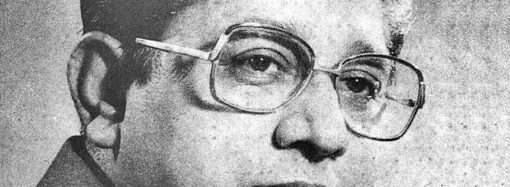


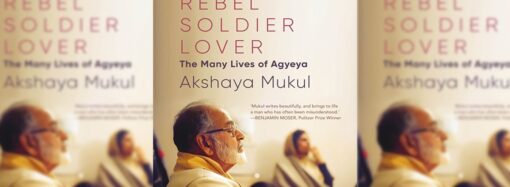

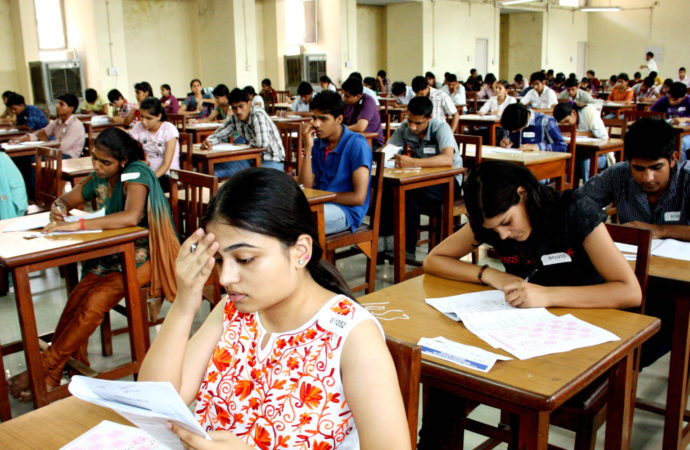





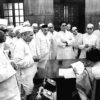
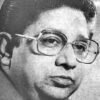




Leave a Comment
Your email address will not be published. Required fields are marked with *